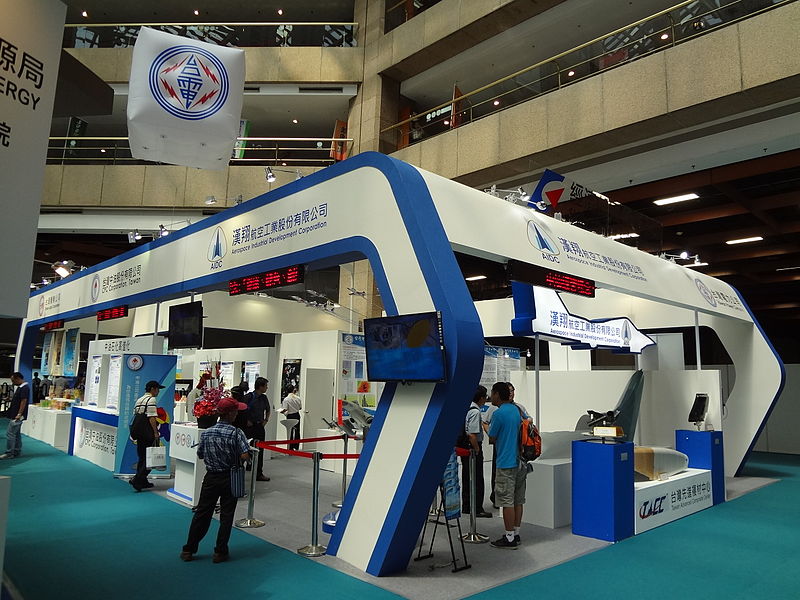
October 19, 2014, by Tony Hong
The Fascinating SOEs
By Joseph Healy,
MA student in Contemporary Chinese Studies,
At the University of Nottingham Ningbo China.
There are many issues in contemporary China that are fascinating, none more so for me than the role and status of the SOEs
The World Bank report on China (2012) argues that if China is to continue its impressive growth and avoid the so-called middle-income trap, then it needs a “fundamental shift in the country’s strategy” and a “vibrant corporate sector will be critical” (p25). A frequent criticism of the status quo is that economic reform must ultimately face into the ownership of the SOEs if China is serious about strengthening its market economy and creating industries capable of leading innovation (can China create an Apple given industry structure in key sectors?). Critics point the fact that SOEs are good at infrastructure but not innovation.
SOEs are expanding into competitive foreign markets, yet are protected domestically. They are advantaged in many ways, such as the structure of interest rates in the financial system resulting in a wealth transfer from depositors (household) to borrowers ( SOEs), with further wealth transfers given the lack of competition in the prices paid by households for services provided by SOEs.
The problems with the SOEs are many and include opaque corporate governance arrangements,weak dividend payout, poor profitability – few covering their cost of capital – and SOE leaders deeply connected to the political system, representing an obstacle to reform. McGregor (2010) in his book ‘The Party’, highlights the nature of the links between SOEs and the state and how it compromises corporate governance, with in-company communist party meetings shadowing and often trumping formal board meetings. The case of Sanlu Dairy Corp brings the conflicting and corrupting nature of these links to life (McGregor, 2010: 170-192).
These realities make it difficult for private owned enterprises (POEs) to evaluate risk when competing with SOEs. In an article on ‘Bamboo Capitalism’, The Economist, 12 March, 2011, describe Chinese regulation of business practices as “one eye open, one eye shut”. In other words, a flexible and uncertain application of rules and laws, creating uncertainty and much scope for abuse. Sachs and Thye Woo (2001:288) bring the political dimension into focus:”it is a serious concern for the CCP that more explicit and large-scale privatisation under its leadership may undermine its political legitimacy.” Naughton (2007:321) describes the weak internal and external corporate governance checks and constraints placed on SOEs.
POEs would be justified in viewing the SOEs as the privileged son and see themselves as the step sons and daughters in the economy. However, in his book, ‘Markets after Mao’ Hardy (2014), attributes much of Chinese success since 1978 to the performance of POEs, with the competitiveness of the SOEs gradually being eroded, a risk that is likely to continue given the poor governance and weak incentives for SOEs to adapt and improve performance The OECD (2005) reported that POE total factor productivity was twice that of the SOEs.
There seems little doubt that SOEs need to reform, but do they need to be privatised? Consistent with Fama (1980) ‘nexus of contracts’ thesis, is ownership really the core issue? Can the introduction of competitive pressures and best practice corporate governance transform the SOEs? What would “best practice” corporate governance look like in a Chinese context? Would any reform be locked into a path-dependency route, shaped by history, culture and context, consistent with the observations made by Roe and Bebchuk (1999) on corporate governance reforms in Europe? They argue that given the social democratic politics of many European nations, political pressure is placed on firms to consider wider societal issues such as employment and other stakeholder interests, above a narrow focus on shareholder wealth maximisation.
To add to the intrigue, in an excellent article on ‘The Rise of State Capitalism’, The Economist, 21January, 2012, highlighted the crisis of Western capitalism which has coincided with the rise of a powerful new form of state capitalism. They provocatively ask: “is the invisible hand of the market giving way to the visible hand of the state?” In China’s case, Chow (1997:492) observes that China’s experience is sufficient to challenge the dogma that only private enterprise in a capitalist economy can be efficient and to prove that a ‘mixed’ economy (capitalism and socialism) can operate side-by-side.
As l say, the SOEs are a fascinating aspect of contemporary China that has got me thinking. Is there a “Third Way” consistent with what Chow (1997) implies between a Western market form and state capitalism that can create a China model of high performing SOEs subject to market disciplines and exhibiting best practice corporate governance ? What economic value could be unlocked and, finally, what are the wider societal and political implications of meaningful SOE reform?
No comments yet, fill out a comment to be the first

Leave a Reply